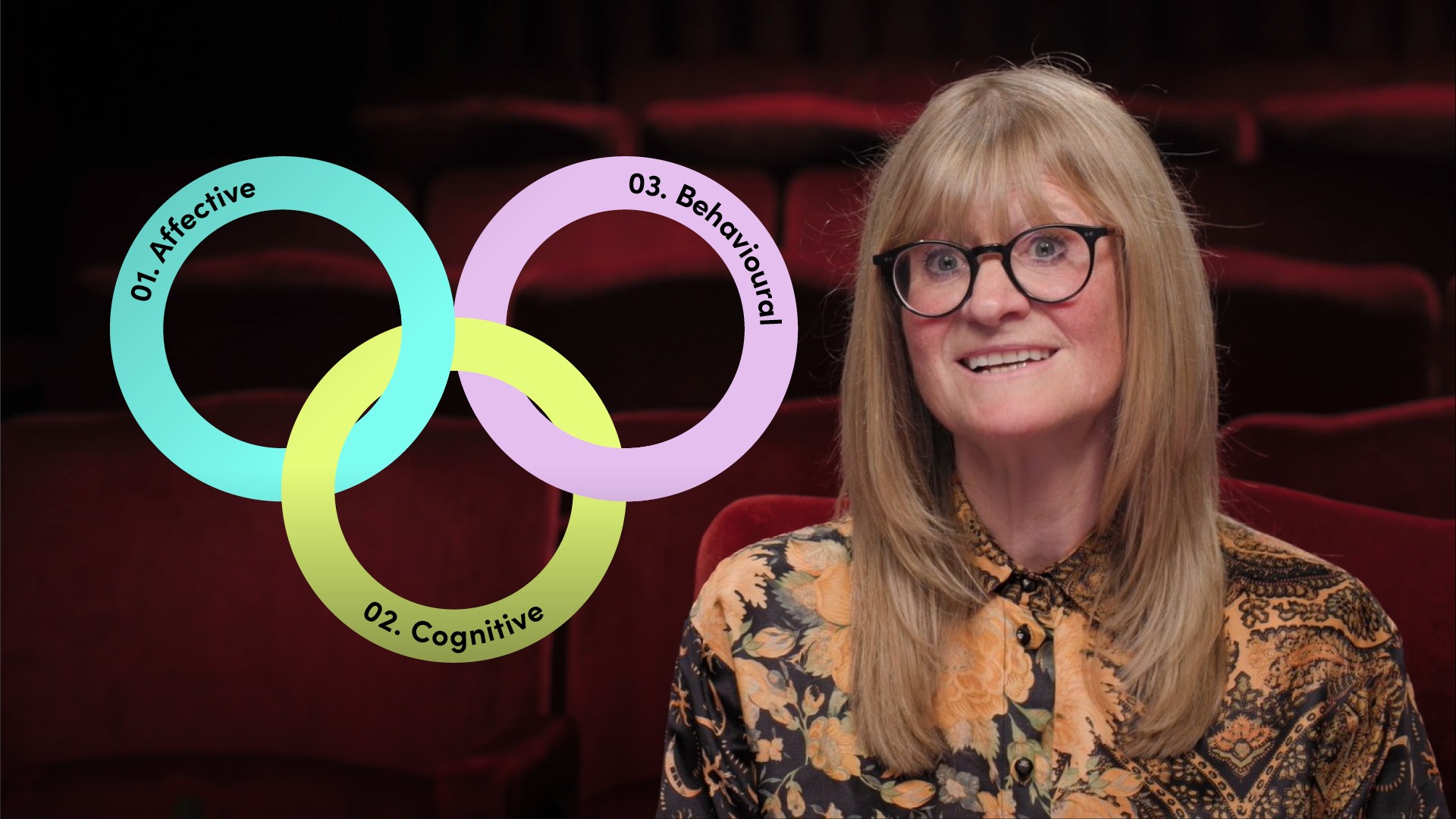
What is Listening?

Debbie Taylor
25 years: HR & Management
In the first video of her series on active listening, Debbie introduces the characteristics of great listening and why some people may struggle to listen effectively. She also outlines some shortcuts to becoming a more active listener.
In the first video of her series on active listening, Debbie introduces the characteristics of great listening and why some people may struggle to listen effectively. She also outlines some shortcuts to becoming a more active listener.
Subscribe to watch
Access this and all of the content on our platform by signing up for a 7-day free trial.

What is Listening?
6 mins 31 secs
Key learning objectives:
Define listening
Outline the characteristics of great listening
Overview:
Active hearing is to give attention to a sound or action, whilst active listening is where one hears what others are saying and trying to understand what it means, asking questions and making suggestions for consideration along the way in a positive and cooperative manner. Interestingly whilst we are taught reading, writing and arithmetic, we are never taught to listen at school.
Subscribe to watch
Access this and all of the content on our platform by signing up for a 7-day free trial.
What is listening?
To listen is to hear something with ‘thoughtful intention’. To hear, is to perceive with the ear the sound made by someone/something. In other words, to listen is to give attention to sound or action and when listening you are hearing what others are saying and trying to understand what it means.
The act of listening involves very complex affective, cognitive, and behavioural processes and by that we mean:
- Affective processes: the motivation to listen to others (you want to understand what they are saying)
- Cognitive processes: attending to, understanding, receiving, and interpreting content and relational messages
- Behavioural processes: such as responding to others with verbal and nonverbal feedback
What are the great characteristics of great listening?
From the work of Jack Zenger and Joseph Folkman in 2016, the key characteristics of outstanding listeners are:
- Periodically asking questions to clarify understanding and even challenging old assumptions but in a constructive way through a two-way conversation.
- Creating a positive experience for the individual, where their confidence and self-esteem remained in-tact.
- Maintaining a cooperative conversation without being competitive or defensive. This wasn’t a debate.
- Providing suggestions for consideration along the way rather than diving in with what they saw as the answer to a problem.
Subscribe to watch
Access this and all of the content on our platform by signing up for a 7-day free trial.

Debbie Taylor
There are no available Videos from "Debbie Taylor"





























